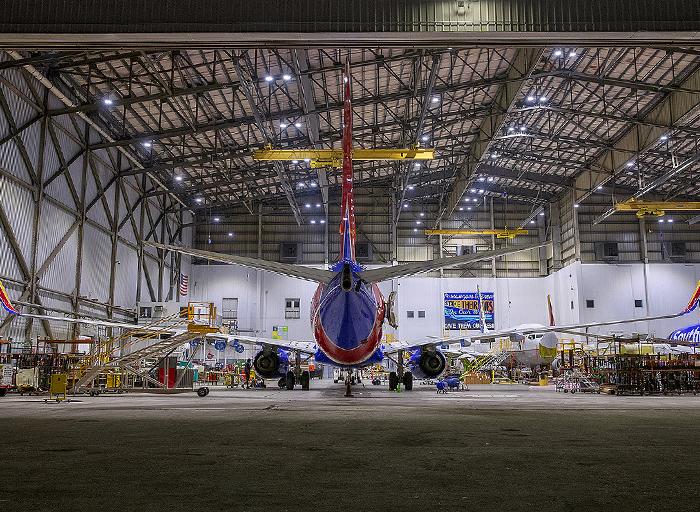Safran Waiting For More Operators To Report AOG Technics Parts, CEO Says

Southwest Airlines is among carriers to have so far found AOG Technics parts in its CFM56 engines.
Credit: Joe Pries
PARIS—Operators of the CFM56 engine are still investigating whether they have suspected unapproved parts in their fleet, thus making the extent of the problem largely unknown, Safran CEO Olivier Andries said Sept. 22. CFM International and its co-owners GE Aerospace and Safran have been working with...
Subscription Required
This content requires a subscription to one of the Aviation Week Intelligence Network (AWIN) bundles.
Schedule a demo today to find out how you can access this content and similar content related to your area of the global aviation industry.
Already an AWIN subscriber? Login
Did you know? Aviation Week has won top honors multiple times in the Jesse H. Neal National Business Journalism Awards, the business-to-business media equivalent of the Pulitzer Prizes.





